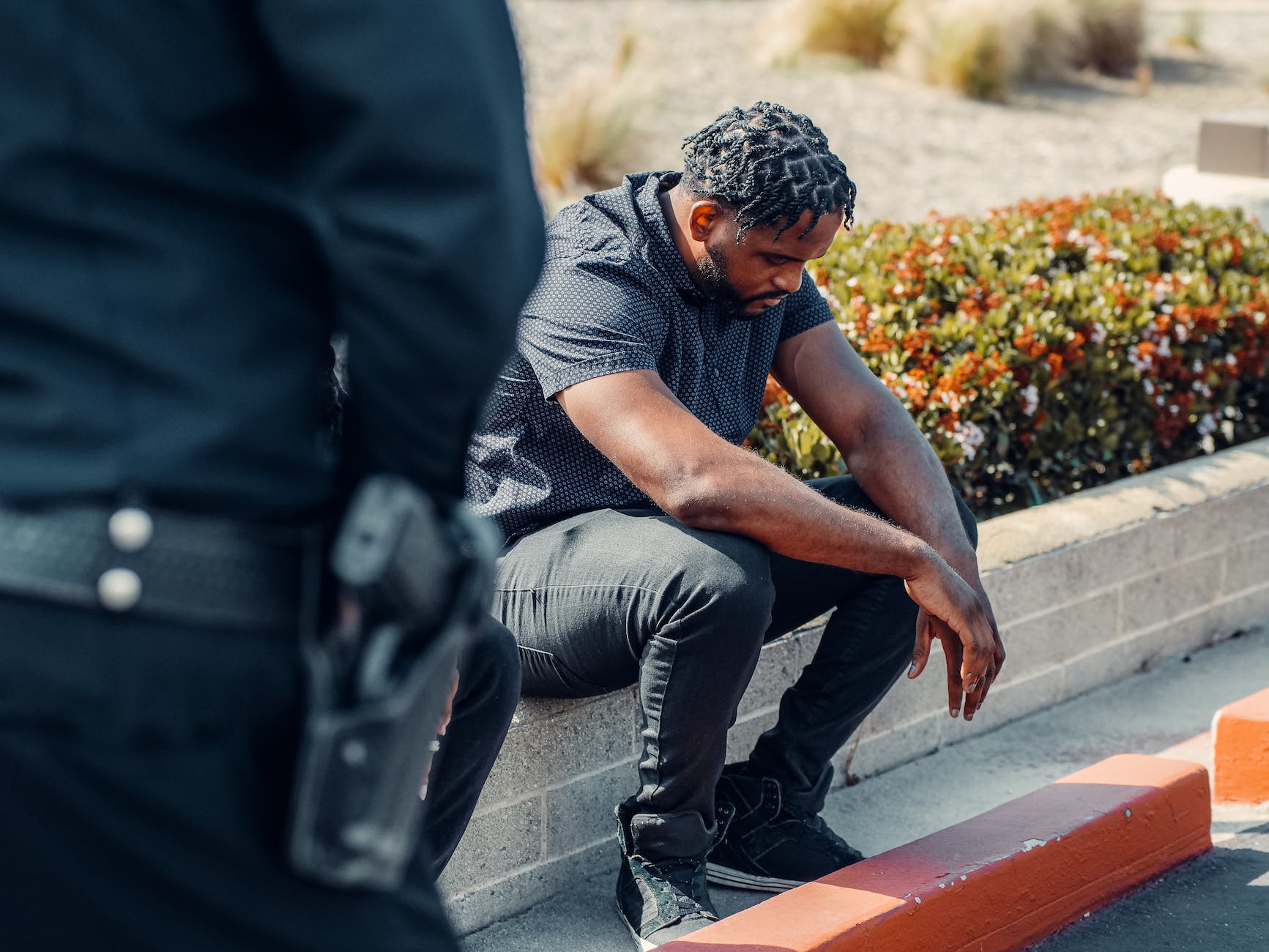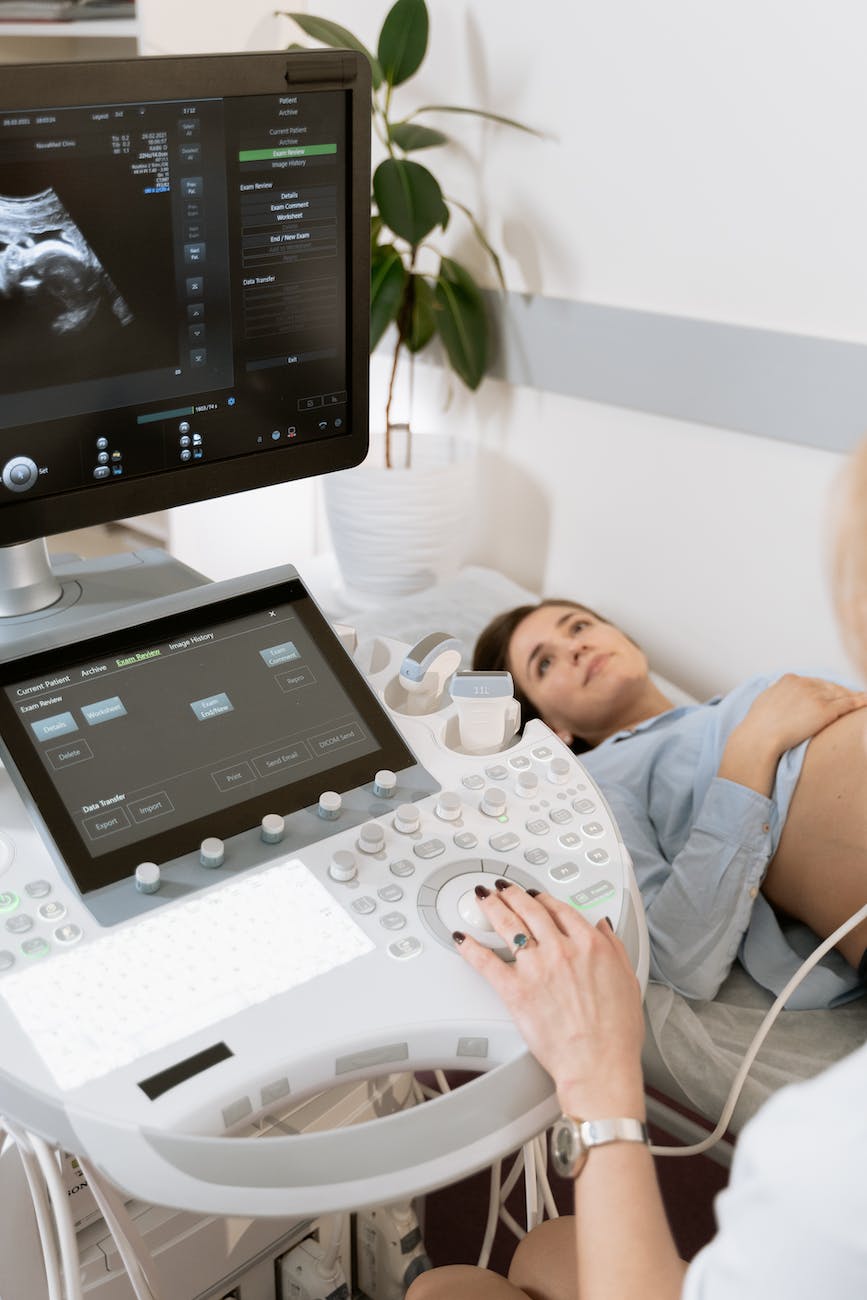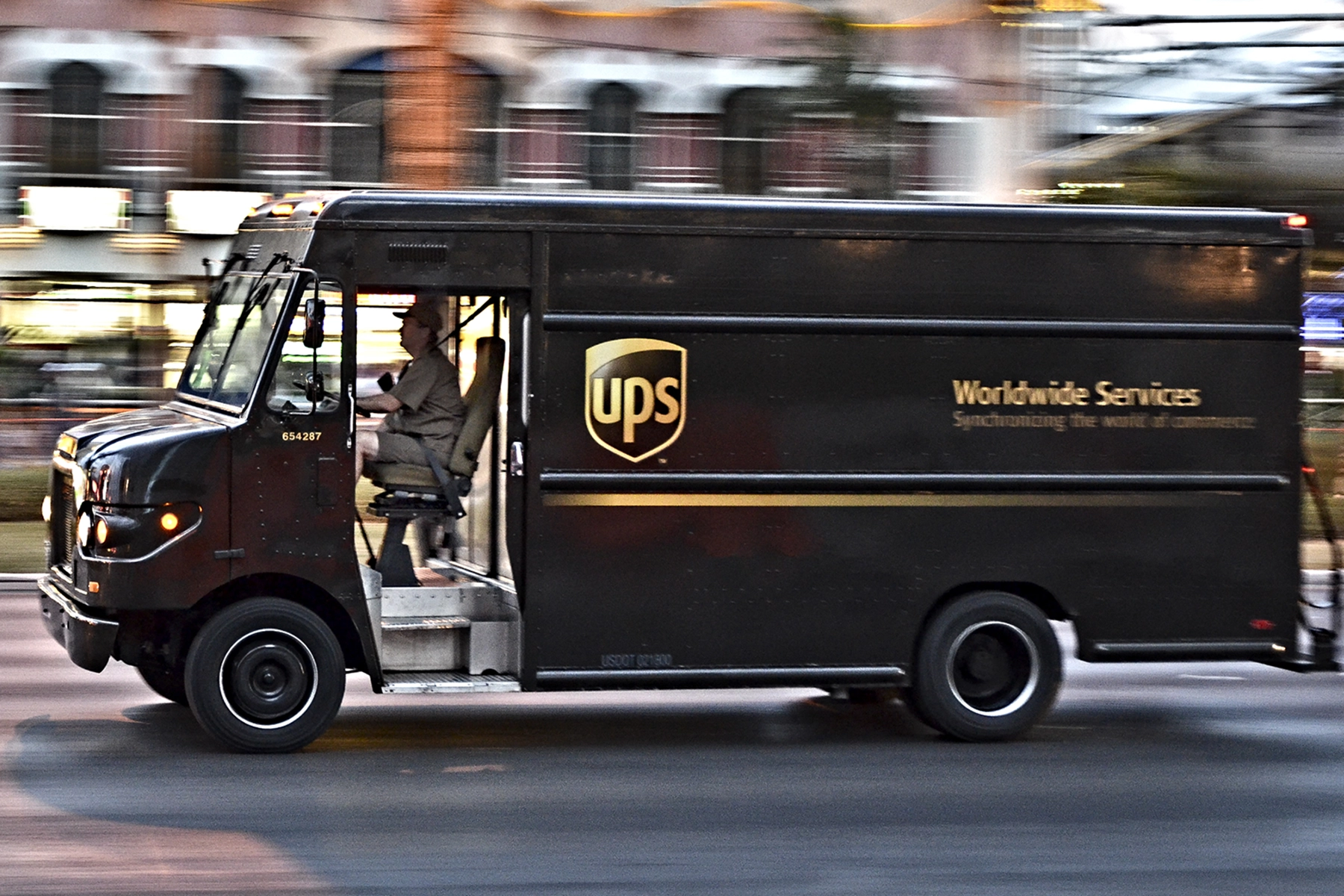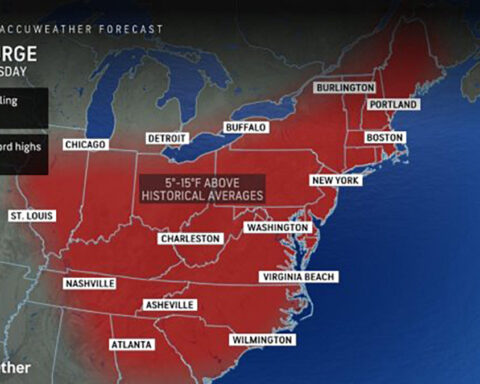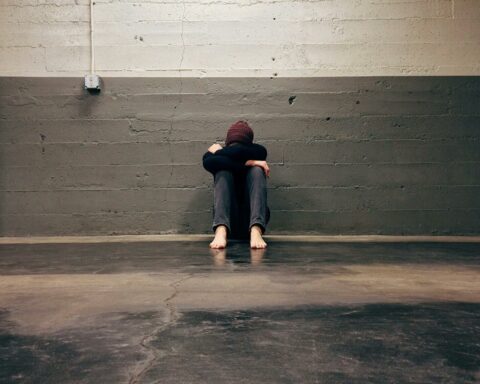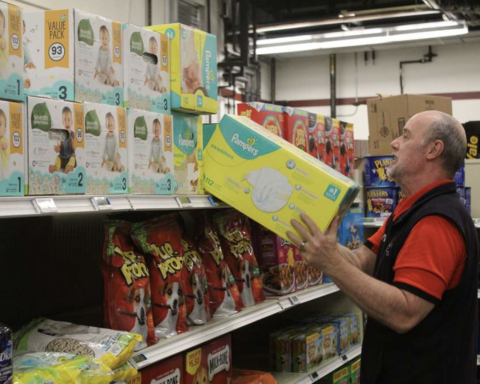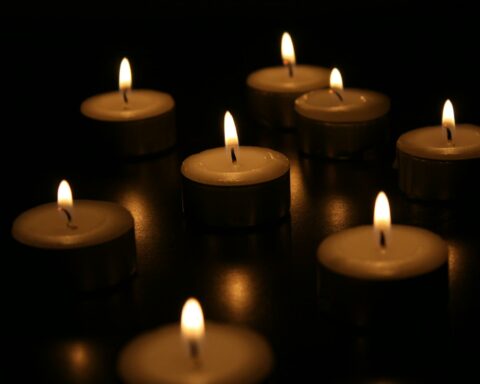by Kathryn Carley
Community groups in Massachusetts are calling for an end to armed police response to mental health-related 911 calls.
The majority of calls are for nonviolent emergencies, yet the response of armed police can often make a behavioral or mental health-related crisis worse, particularly in marginalized communities.
Corinne Espinoza, co-director of the Cambridge Holistic Emergency Alternative Response Team, said civilian first responders are better trained to deescalate what is often someone having a bad day.
“They might need someone to respond gently, to speak softly, to stand further away from them so that they feel comfortable until some trust has been built,” Espinoza explained.
Rather than arrest someone in crisis, Espinoza pointed out civilian responders could help ensure people remain in their communities and create a plan for care. Her group is backing legislation to establish a grant program to increase the availability of unarmed community responders, in an effort to free up police for other emergencies and ultimately save lives.
Sayed Faisal, a 20-year-old student in Boston was in distress and self-harming earlier this year when a neighbor called 911. Police say Faisal lunged at them with a knife. Espinoza said he was chased, shot and killed – when it could have gone differently.
“Someone could have offered him a blanket, cup of coffee,” Espinoza suggested. “Was there another place that he would like to go? Was there some way that we could make him feel better in this moment?”
Espinoza added her team members work with residents mostly through word of mouth, and will soon launch a help hotline for people in distress. The Cambridge City Council has passed a policy order to increase funding for their services, but Espinoza noted they are not responding to 911 calls just yet.


